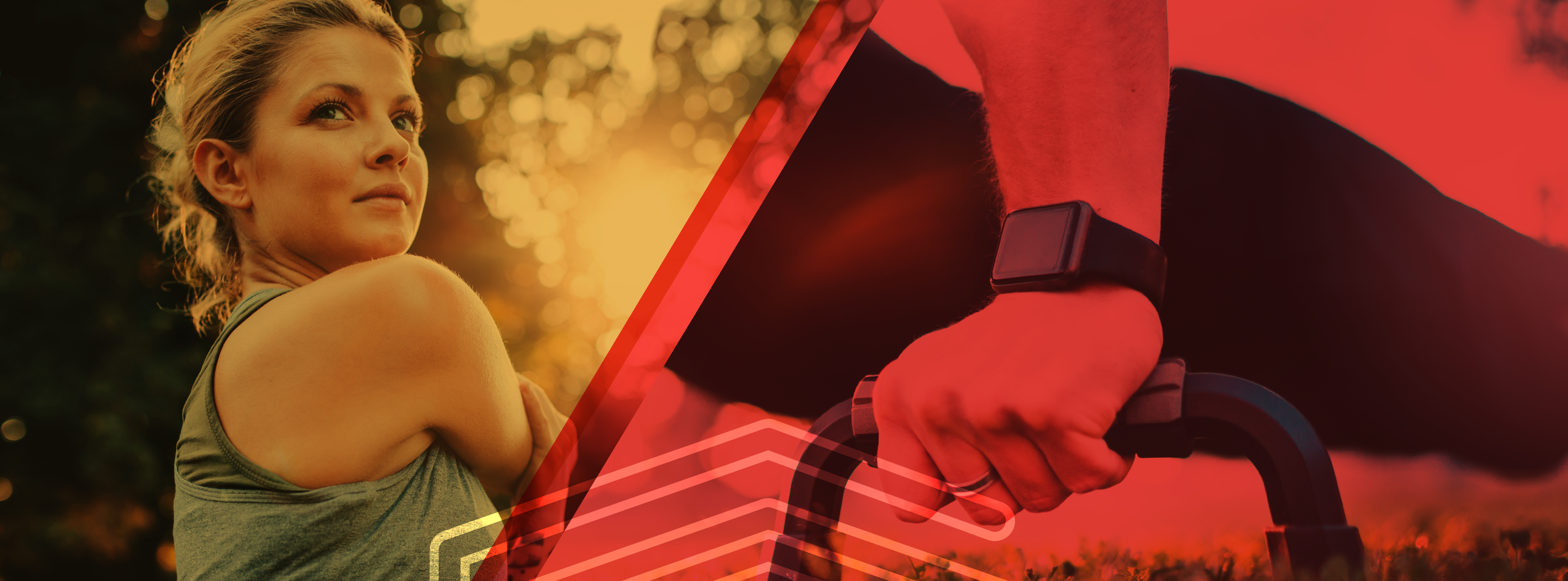Sleepy Head! Or is that Wishful Thinking?
Are you feeling like your sleep quality has decreased recently? With the pandemic and general bad news flying around, it’s no surprise a few of us are finding getting enough shut eye problematic. When you also get to a certain age (ahem, we all get there kids to listen up!) it can add to the issue of getting a good nights sleep. Even if you usually sleep well there is the odd time you get that feeling like you had just dropped off before the alarm.
Restful Sleep
Sleep is quite a mysterious part of our daily lives. No one is quite sure why humans need so much sleep and what really happens when you are asleep. There are well documented phases of sleeping and getting enough deep sleep is important. Difficulty in sleeping can manifest in different ways, it can be when dropping off in the first place or perhaps falling asleep quickly and waking up a couple of hours later or just constantly waking up.
Sleep is important to a number of brain functions, including how nerve cells (neurons) communicate with each other. In fact, your brain and body stay remarkably active while you sleep. Recent findings suggest that sleep plays a housekeeping role that removes toxins in your brain that build up while you are awake.
There is general agreement that sleep deprivation is bad for your overall health and wellbeing, talk to new parents about that!
Sleep and Exercise
Can exercise help with your sleep quality? There is evidence that it can and actually hit the deep sleep button, which is great news.
“Experts today believe sleep and exercise have a bidirectional relationship. In other words, optimizing your exercise routine can potentially help you sleep better and getting an adequate amount of sleep may promote healthier physical activity levels during the day.”
Experts say we may never know why exercise helps sleep but research does indicate that moderate aerobic exercise increases the amount of slow wave sleep, otherwise known as deep sleep, that you get.
Is There a Right Time of Day to Exercise?
There is no real agreement on this other than listen to your own body. When you exercise you do release endorphins, the feel good hormone so probably don’t exercise within an hour or two of going to bed. The message here is don’t get too ‘feel good’ too close to when you actually want to sleep.
The other thing exercise does is raise your core temperature and that will take about 30 – 90 minutes to decrease. This decline can help with sleepiness as your core body temperature does fall at night. This is about timing then, time it well and that gradual decrease in core temp could help you fall asleep.
Here at RISE we carefully manage the aerobic intensity of each workout through our use of Myzone heart rate monitors. This means that your session is tailored exactly to you and your needs to not too intense or raising core temperature too much.
#exerciseforsleep #outdoorbootcamp




No Comments